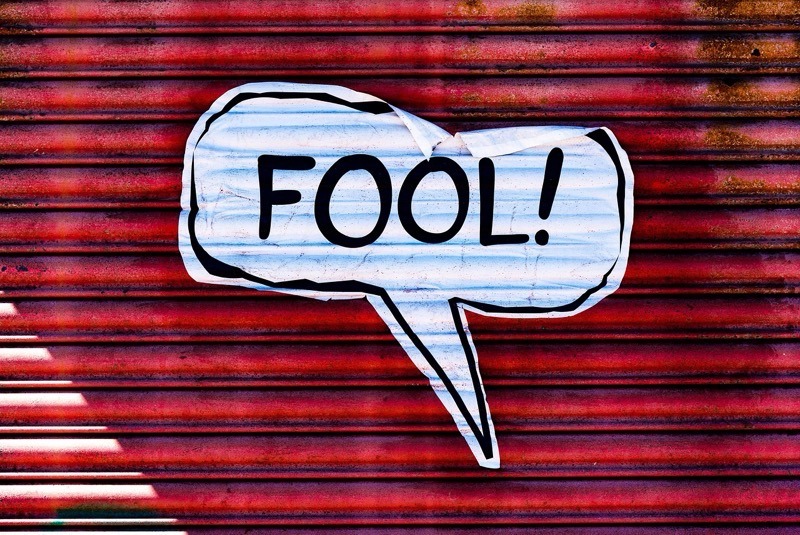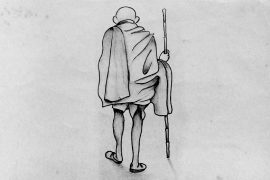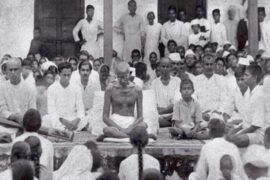It’s that time of the year again, the one day in the calendar when reality itself seems to collapse under the weight of so many pranks and fabrications. Yes, dear readers, I’m talking about April Fools’ Day—that strange, semi-sanctioned festival of trickery that’s half fun, half anarchy, and a hundred per cent of an opportunity to lie your face off without consequence. Now, you may think: “Oh, it’s just harmless fun!” And you would be wrong, my friend. Oh, you would be sowrong.
April Fools’ Day isn’t merely a day for the junior pranksters of the world to laugh nervously at a botched whoopee cushion or an overcooked fake news story. No. It’s something far more sinister, far more dangerous, and, quite frankly, far more political than most would care to admit.
Copyright©Madras Courier, All Rights Reserved. You may share using our article tools. Please don't cut articles from madrascourier.com and redistribute by email, post to the web, mobile phone or social media.Please send in your feed back and comments to [email protected]











